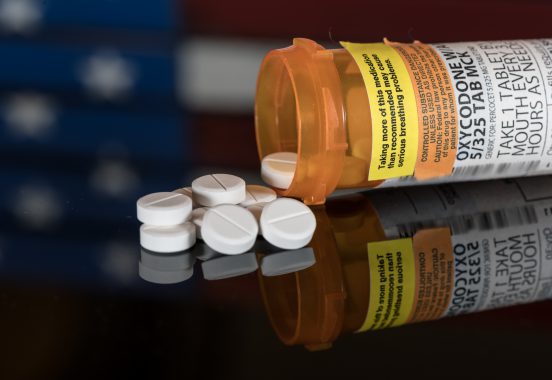‘More than half’ of opioid patients found non-drug intervention helpful

Over half of chronic pain patients on long-term opioid treatment find non-pharmacologic treatments such as physiotherapy, massage and yoga helpful, researchers have found.
Patients with high levels of disability due to their pain were more likely to try NPTs, suggesting that these patients should be targeted to try these therapies, their paper said.
The study, carried out by researchers in Oregon, USA, looked at data for just over 500 patients with long-term musculoskeletal pain who had been taking opioids for at least 90 days. The patients answered questionnaires about their levels of disability as a result of their pain, whether they accessed NPTs and whether they found them helpful.
The researchers found that over half of the patients who accessed NPTs rated them as helpful. They also found a significant correlation between frequency of use and perceived helpfulness for transcutaneous electrical nerve stimulation (TENS), herbal medicine, weight training and swimming.
They found significant associations between use of NPTs and high levels of education and high levels of pain disability, which, they said, could inform who should be targeted to try NPTs.
The authors said in the paper: ‘The utilisation of NPTs among patients prescribed long-term opioid treatment demonstrates that people with chronic pain are open to other treatments beyond mainstream interventions, such as medication.
‘Our findings suggest that certain groups could be targeted for engagement, such as people who have less education, older individuals, and those with more impairment due to pain. Future research should investigate strategies for increasing use of NPTs for patients with chronic pain.’
Researchers called for GPs to prescribe opioids for shorter time periods last year after a study found that the drugs have significant effects on cardiometabolic health.
Meanwhile, the Government tasked Public Health England with undertaking a ‘landmark’ review into prescription drug addiction and dependence earlier this year.
The review followed NHS Digital data revealing that one patient in 11 (8.9%) has been prescribed an addictive medicine – an increase of 3% over the past five years.
J Gen Intern Med 2017; available online 9th April
Pulse July survey
Take our July 2025 survey to potentially win £1.000 worth of tokens

Visit Pulse Reference for details on 140 symptoms, including easily searchable symptoms and categories, offering you a free platform to check symptoms and receive potential diagnoses during consultations.










